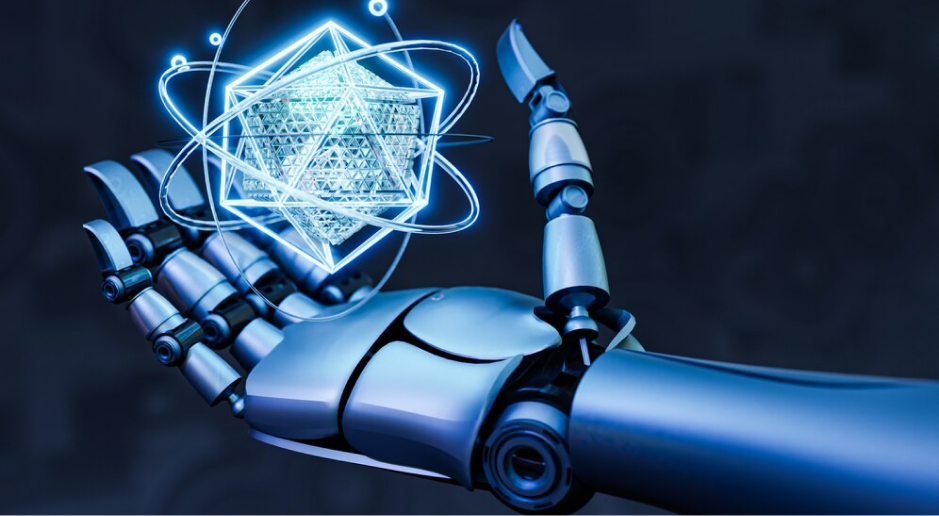- Blog
- /
- Blog Details


Introduction: The Age of Intelligent IT
Artificial Intelligence (AI) is no longer just a buzzword—it’s the bedrock of innovation in today’s digital world. From intelligent automation to real-time data analytics, AI is transforming the way businesses approach IT services. This transformation isn’t limited to any one industry; sectors like healthcare, finance, manufacturing, and customer service are embracing AI to optimize operations, enhance customer experiences, and unlock new opportunities.
What Is Artificial Intelligence in IT?
AI refers to the simulation of human intelligence in machines that are programmed to think, learn, and make decisions. In IT services, this involves the integration of machine learning, natural language processing (NLP), computer vision, and robotic process automation (RPA) into traditional systems. The result? A more adaptive, responsive, and predictive IT environment.
Core Applications of AI in IT Services
Advantages of Implementing AI in IT Services
Challenges in AI Adoption
Despite its benefits, AI adoption is not without hurdles. Data privacy concerns, ethical issues, a shortage of skilled talent, and high initial investments can pose significant challenges. Additionally, ensuring transparency and explainability in AI decisions is critical to maintaining user trust.
The Road Ahead: Future Trends in AI
AI is evolving rapidly, with trends such as generative AI, edge AI, and explainable AI taking center stage. These advancements are pushing the boundaries of what’s possible, from creating new content using generative models to enabling real-time processing on edge devices. Businesses that invest in AI research and innovation today are setting themselves up for long-term success.
AI is not just enhancing existing IT services—it’s redefining them. As it continues to mature, AI will become a core pillar of digital transformation strategies across industries. Organizations that embrace AI will be better positioned to navigate the complexities of the digital age with agility, intelligence, and innovation.